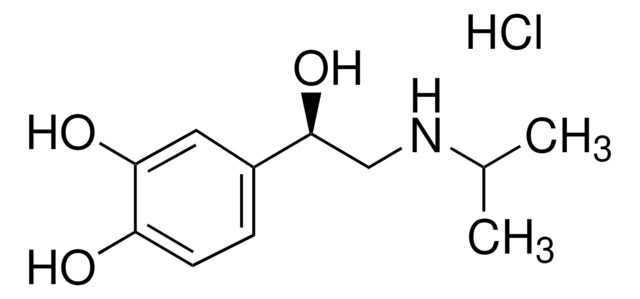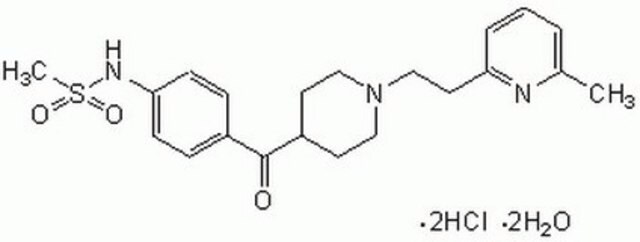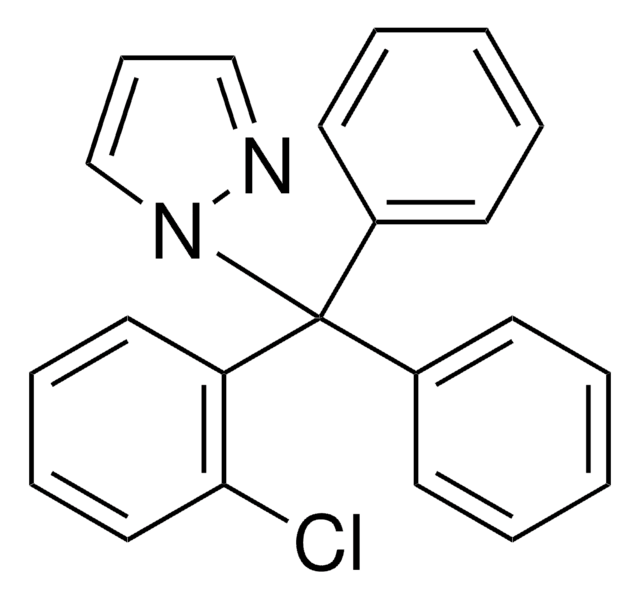N0663
NS1643
≥98% (HPLC), solid
About This Item
Productos recomendados
assay
≥98% (HPLC)
form
solid
color
white to off-white
solubility
DMSO: ≥20 mg/mL
storage temp.
2-8°C
SMILES string
Oc1ccc(cc1NC(=O)Nc2cc(ccc2O)C(F)(F)F)C(F)(F)F
InChI
1S/C15H10F6N2O3/c16-14(17,18)7-1-3-11(24)9(5-7)22-13(26)23-10-6-8(15(19,20)21)2-4-12(10)25/h1-6,24-25H,(H2,22,23,26)
InChI key
NJFVQMRYJZHGME-UHFFFAOYSA-N
Biochem/physiol Actions
Features and Benefits
signalword
Danger
hcodes
Hazard Classifications
Acute Tox. 3 Oral - Eye Irrit. 2
Storage Class
6.1C - Combustible acute toxic Cat.3 / toxic compounds or compounds which causing chronic effects
wgk_germany
WGK 3
flash_point_f
Not applicable
flash_point_c
Not applicable
ppe
dust mask type N95 (US), Eyeshields, Faceshields, Gloves
Certificados de análisis (COA)
Busque Certificados de análisis (COA) introduciendo el número de lote del producto. Los números de lote se encuentran en la etiqueta del producto después de las palabras «Lot» o «Batch»
¿Ya tiene este producto?
Encuentre la documentación para los productos que ha comprado recientemente en la Biblioteca de documentos.
Nuestro equipo de científicos tiene experiencia en todas las áreas de investigación: Ciencias de la vida, Ciencia de los materiales, Síntesis química, Cromatografía, Analítica y muchas otras.
Póngase en contacto con el Servicio técnico









